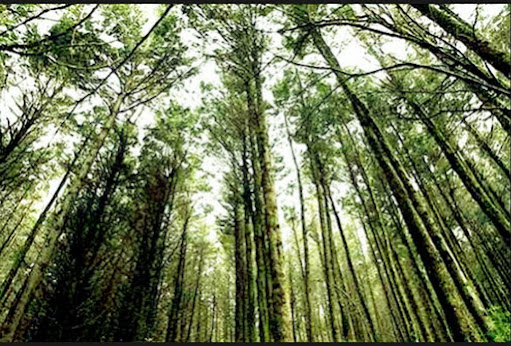Why PR must be abreast with cultural elements of the environment

In a profession where whatever you say or do, can make and unmake you, Public Relations must be abreast with cultural elements to understand how to relate with publics. Publics differ and so does their comprehension of issues because people possess different temperaments but building and maintaining an effective relationship is crucial for PR, therefore must be able to work with people with different character traits. The appreciation of this fact helps PR to strategize communication with different publics. For instance, if the company is introducing a new product, PR must know whether their target audience are innovators (those who easily adopt to new products or new ideas) or they are laggards. Knowing these will determine the communication effort and approach to use for each category of adopters. This requires knowing the market trends and selling the image of the organization to the public through consistent communication with publics and management. Market forc...


